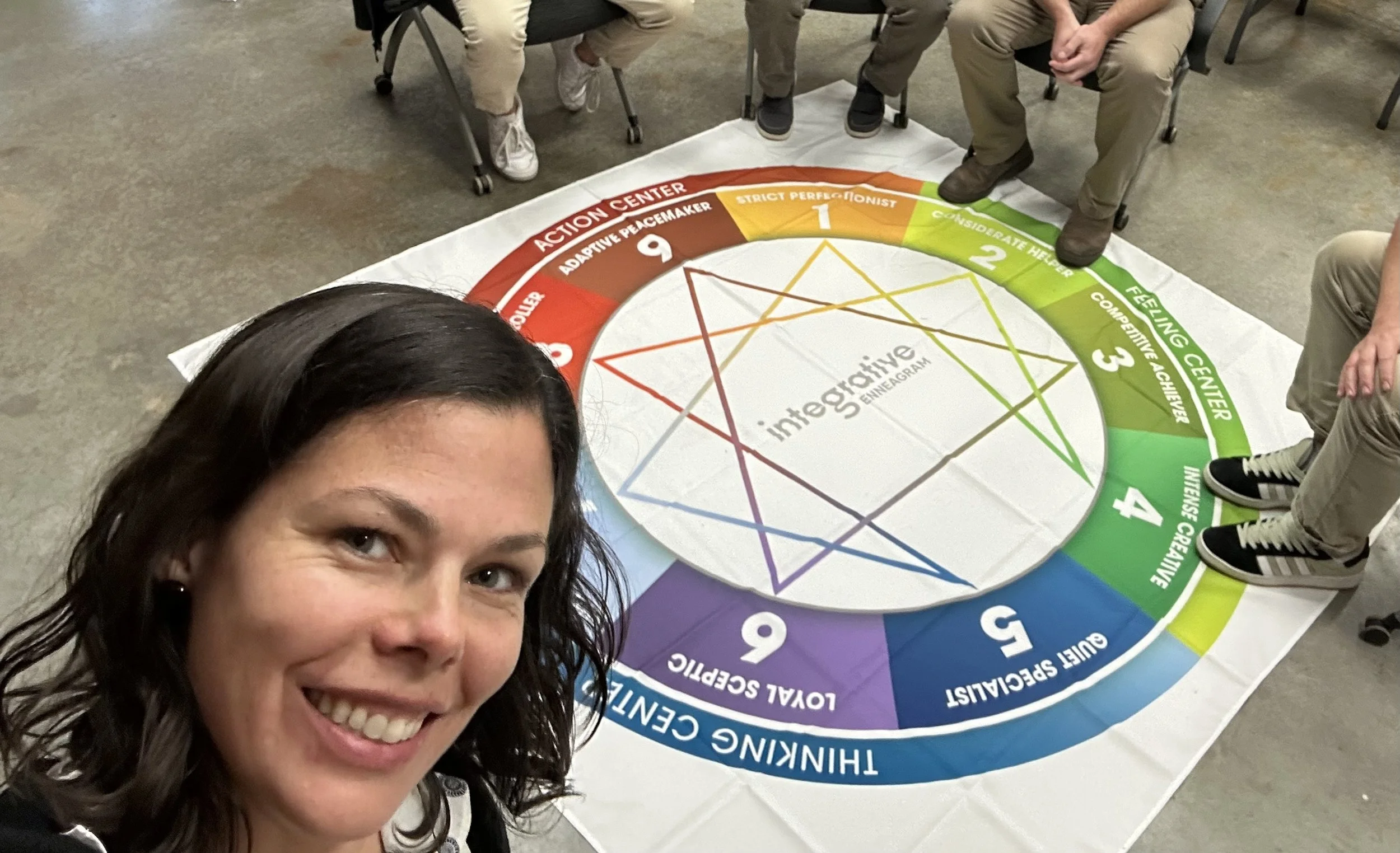Here’s What I Saw In One High Performing Team
“It’s a luxury to get to do this work.” That’s how I felt after a recent half-day workshop I led for a team using the Enneagram. I walked away impressed by what I saw in this high performing team and wanted to share a few highlights with you in hopes that you can recognize some of these qualities in your own team, wherever it is on its path to excellence.
An upfront note -- this team was being proactive by holding such a workshop. They had recognized they had space in their schedule this year and wanted to work on themselves. While this means that we're not solving an acute team problem, the work matters just as much because this is an opportunity to bring a team from good to great.
Here’s what stood out to me in this team: They were willing to be vulnerable
At the start of the workshop, we spent a few minutes aligning on what we needed in order to make this time worthwhile. One team member said he wanted the team to be open to sharing their vulnerabilities. Team members then voiced their varying comfort levels with that (but note how they were openly sharing that discomfort, which is vulnerable in and of itself!).
And then when we got into the work, team members lived up to this intention by openly sharing what they were working on personally, what they perceived to be their 'weaknesses', and what made them really feel like themselves.
They were curious about their differences
As the team reflected on their work back in the office, they referenced fondly the way that they're able to disagree in a healthy way. And during the workshop, they were deeply present to each other.
The leaders represented four different Enneagram styles. They wanted to know those nuanced things about each other that wouldn't be their own default ways of seeing and reacting.
The leaders shared what they were working on in themselves, what patterns they might fall into when they're stressed, and their perceived strengths and weaknesses associated with their type. There was an almost palpable respect and curiosity for this.
Trust was explicitly valued
This was not overtly a workshop on trust. But the team referenced this word in an appreciative context at least three times. In a virtuous cycle, this can increase it too. Trust was evident. They were vulnerable, they showed up and were present. The feeling center of the Enneagram, there are three centers of expression -- thinking, feeling, and action. Many corporate teams under-index on the feeling center and using emotion as a source of wisdom. Here, the feeling center was represented in the team -- not in a sappy way, but in a meaningful way that helped the team connect.
There was an ease to interactions that evidenced trust -- it wasn't complacency, it wasn't collusion -- just a lighthearted comfort.
Using the Enneagram for team development creates a vehicle for teams to have spacious connected conversations about team dynamics. It gives teams an 'excuse'' and a comprehensive, useful framework for understanding who they are and seeing the next iteration of who they can become.

